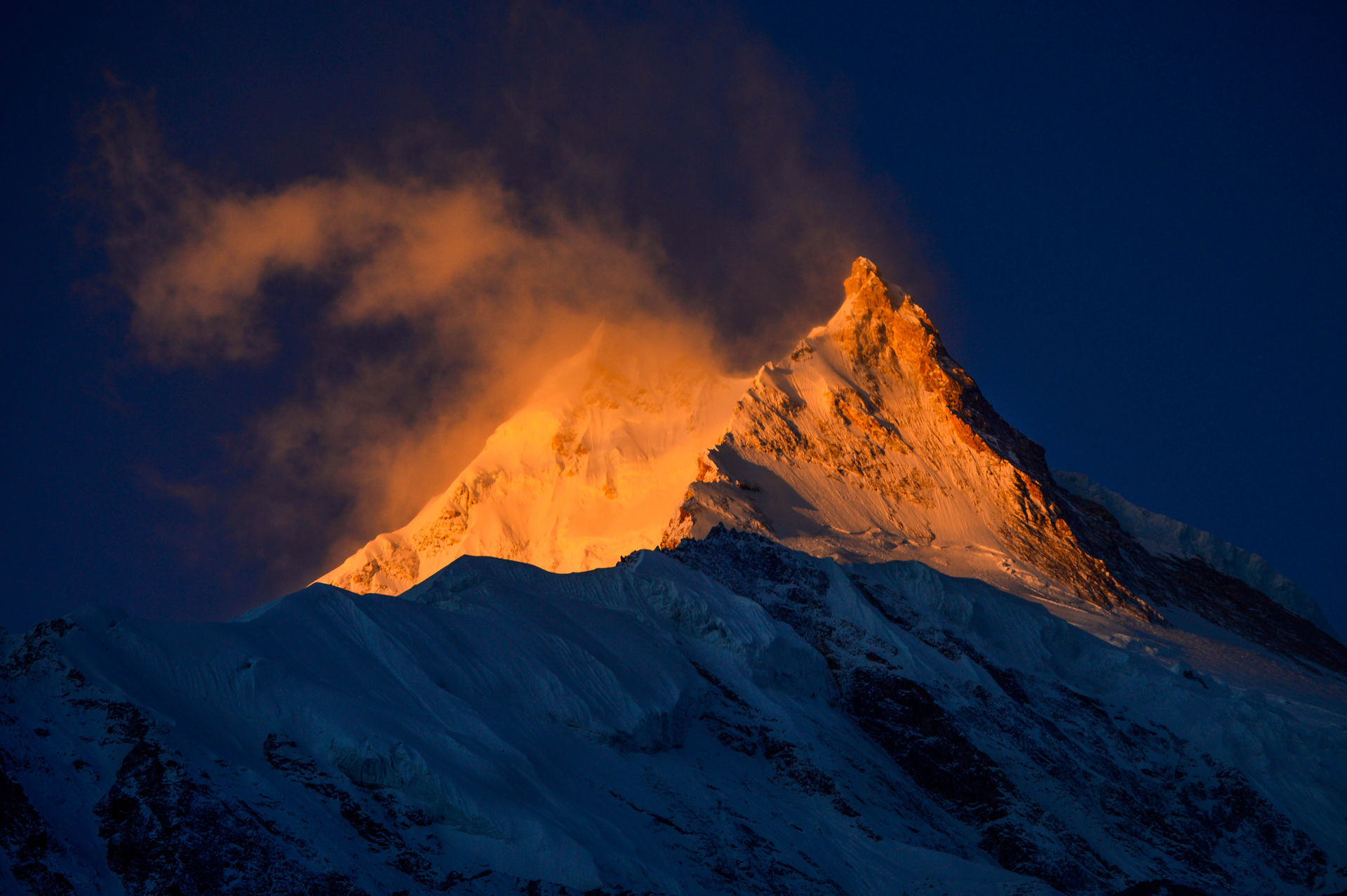ARCHITECTURE in Nepal
- Travelwithkhungba

- Apr 27, 2020
- 3 min read

Keep in mind :
Oldest Architecture of Nepal is from Lumbini-3rd Century
Tree Which was hold by Maha Maya is found in 6th Century
Man made cave of MUSTANG is of 8th century
1st brick architecture is from 1st Century BC, Hattigaun, Kathmandu
Kathmandu and Mustang have continuous human settlement since 25oo yrs ago
Most of monuments in Nepal are from 17-18 century.Temple architecture : Temples are all come from THAAN "nature ceremony under trees"
Briefing
Temple types
Nickname or any defination
History or orgin
Religion/ sect
Area
Oldest temple with similar types
Belief
Main Temple
FeaturesArchitecture in Nepal
Nepalese Style Temple
Shikhara Style
Dome style or and Mugal types
Mixed Type
A. Nepalese Style Temple
Pagoda style/ Multi Roofted/ Newar style\ Mandapa style.
Example : Kathmandu-Bhaktapur-Patan Durbar Square,Nuwakot Durbar
Indreshwori Panauti is oldest Nepalese type achitecture.Features :
Square or Rectangular shape plan
Built on Multi Plinth i.e Multi base
Main Sanctum is in the ground "Worship Place"
Having 4 doors in each direction
Having Tympanum at the top of main door, It help you to identify god or goddess name
The roofs are supported by the struts ||Tudal ||
Having a wind bell at the corner of the roof
Having a window in every floor and every direction
Having a mental pinnacle at the top"Symbolise head and the place of god"
Five sect " Sun\ Ganesh\ Shiva\ Vishnu and Devi " ||5 group gods||
Roofs are covered by tiles or copper sheets main materials "Brick, Mud, Tile, wood and Metal etc. "B. Shikhara Style Architecture
Top of architecture is like Shikhara " Hill" without roof
Nickname : Nagara/ Besara/ Ratha/ Northern Indian style architecture.
Popular temple : Krishna Mandir- Patan, Nar Simha Mandir- Kathmandu, Maha Bouddha, Jagat Narayan-Sankhamul, Badsalla Devi- BKT, Narayan Mandir-BKT, Siddhi Laxmi-BKT, Kedarnath-BKT, Badrinath-BKT, Gorakhnath-Pashupatinath, Pratappura and Anantapura-SWYOldest Shikhara Architecture temple : Brahma-North-West, Pashupatinath-12-13th centuryFeatures :
Square plan
Built in multi Plinth
Single Door
Having No roof
Man Sanctum is in ground floor
Stone made temple
Stone carving in wall of temple
Metal Pinnacle on topC. Dome Architecture/ Mugal Style
Vishnu Mandir-Pashupatinath
Most of this architecture are popular during Rana and Shah regime.D. Mixed Type Architecture
Malla Period Architecture : Kageshwor, Saraswoti- Kathmandu Durbar SquareE. Traditional House Type Architecture
House style architecture
Banglamukhi Temple- Patan
Sankatah Temple- Maha BouddhaF. Vihar or Monastery architecture
During Kirat dynasty, vihar architecture became popular but not exist
Popular during Lichhavi too just inscription are found.
Old Vihar architecture in Kathmandu are from 12-18 century
During Medieval period, Patan was main junction point for Buddhist so got Vihar architecture and Hindu were in Bkt so Nepalese style architecture are found.
Kathmandu got both Vihar and Temple architecture during Medieval period.Features
Fort look like structure as seen from Aerial.
One main Entrance door
Small courtyard will be found, exactly after you enter but main Vihar is just after courtyard.
Double Plinth houses are in every direction in Main Vihar
Big and Open courtyard in Main Vihar and small Stupa and Chaitya found in the middle of main courtyard.
Kora, walking round space is found around Stupa.
Main Temple in Vihar is of Nepalese style.
Sakyamuni Buddha's as main god in Vihar
Maitriya, Panchadhyani Buddha, Taras, Mahakal and Lokeshwor i.e Bodhisattva's idol are found in Vihar
Brick, soil, wood, metal are used to built building, Copper's tiles or steels are used in roof
Metal and wooden crafts are found in ViharMatha Architecture "Hindu Monastery"
Belongs to Hindu religious followers : Sadhu, Santa"Teacher", Mahanta"Head of Matha", Prist living place is Matha
Temporary shelter for Hindu spiritual or religious practrictionerUse of Matha
Promotion, Protection, Preservation, development and management of Hindu religion.
Since 8th Century A.D use of Matha
Ashi Guru Sankhar Acharya is re promote/ revive or re-life in India.
Bhaktapur got maximum Matha from Medieval period.
Oldest Matha- Pujari matha in Peacock window- 14-15 century
Janaki Mandir and 100-200 mandir around Janaki Mandir
Maximum Matha in Kathmandu are from Rana and Shah dynasty.Gumba Architecture
Belongs to Buddhist practitioner Monk, gurus, nuns
Developed from 8th and 9th century in Tibet
Ghar Gumba- Upper Mustang is oldest and also Samye Gumba-Tibet is oldest monastery.
Maximum gumbas are built during 11th and 12th century in mountain region of Nepal and Tibet : Humla, Dolpo, Mugu, Mustang, Upper Manaslu etc.Fort Architecture : Age of civilization, Fort architecture starts
Tilaurakot Palace of Lumbini
Shen, Rana and Shah got maxiumum fort architectureJaladroni Architecture
Pilgrimages, Walker, Bag Packer- Medieval period are foundPati/ Pauwa
One night shelter for pilgrims or any walker for business.
Single plinth house with soil, water and stoneDharmasala
One night staying pilgrimage house in destination
Single as well are Two plinth houseDhunge dhara
Stone carved tap- Lichhavi Period.Stupa
Related to Buddhism practitioner,
It is built as Pure material dig down to soil and architecture built over it is stupa.
Stupa = Astu + Upa means Astu is dig down to soil and made building is stupa
After Enlightenment by Buddha, Stupa starts to built.


Comments